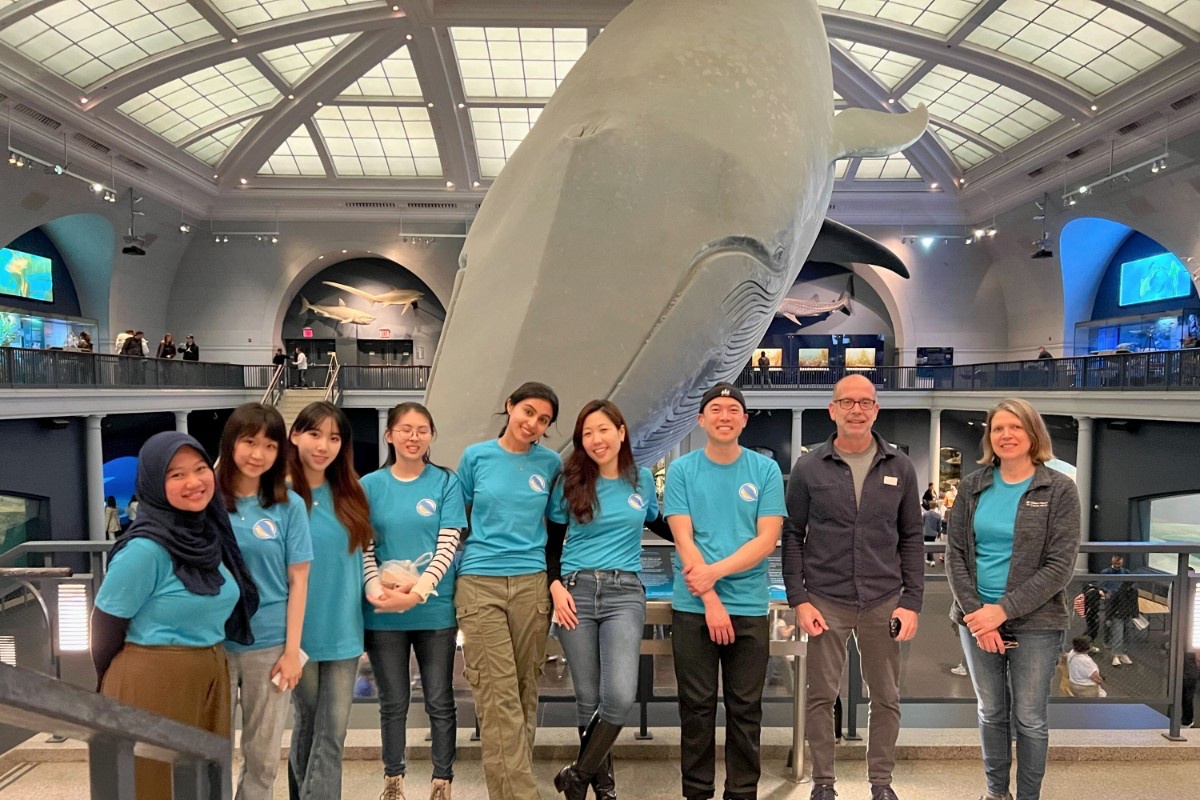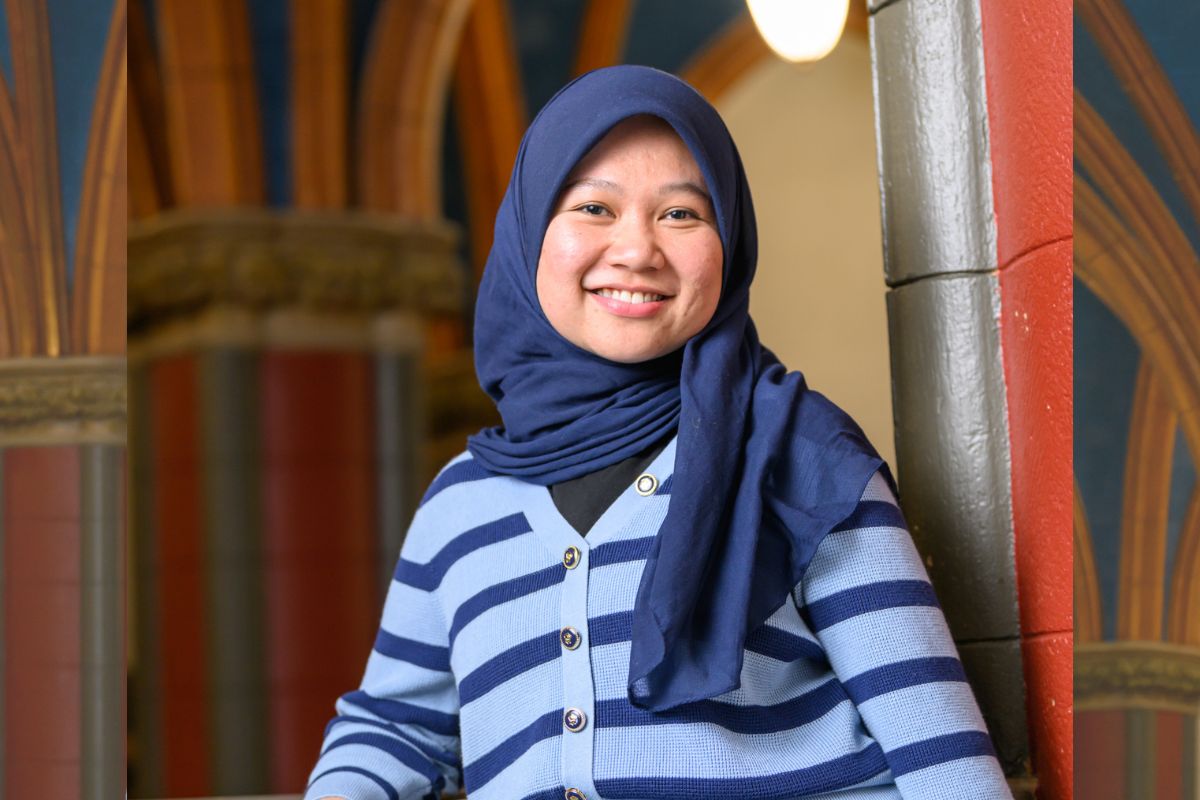Advancing digital literacy is a crucial priority in Indonesia, yet challenges remain in making technology accessible to all. With a population of 73.7 million, 26.3 percent of Indonesians still lack internet access, 104,000 schools remain digitally disconnected and only 27 percent of women currently work in the tech sector.
Marsha Fabiola, a current student in TC’s Communication & Education program, is quite familiar with the growing challenges that her home country is facing. In middle school, she recalls being intrigued by basic coding through her final blog project but had a limited understanding of the opportunities that the field could offer her. “I hesitated to pursue coding because there weren't many women around me in the field,” she says. “I empathize with those who see opportunities but lack access.”
Hoping to address the digital divide, Fabiola channeled her skills into her first role at Generation Girl, a nonprofit organization in Indonesia dedicated to empowering young women through tech education. “Our mission is to educate young women in Indonesia to create technology while cultivating a deeper understanding of how to thoughtfully utilize it.”
I wanted to find a way to make tech education more accessible.
After just a year of working at Generation Girl, Fabiola was awarded a fully funded scholarship sponsored by Ministry Finance of Indonesia to TC’s Digital Futures Institute (DFI) Scholars program after applying to TC’s Communication, Media, & Learning Technologies Design (CMLTD) program. “I was drawn to the College’s unique approach to education technology and design through an ethical lens.”
In her latest role as a Graduate Intern at Global Cities Inc., a Bloomberg Philanthropies nonprofit organization, Fabiola is working with accessible curricula for middle school students centered on sustainability and consumerism. “Our goal is to introduce the concepts of sustainability and mindful consumption to children at an early age. It’s truly rewarding to be part of an initiative like this, one that I wish I had access to during my educational experience,” she shares. To date, the company's Global Scholars virtual exchange program has positively impacted over 127,000 students and 3,100 educators across 39 countries.

Fabiola (left) was one of the students who participated in TC’s Digital Futures Institute partnership with the American Museum of Natural History to create an immersive learning experience in 2024. (Photo courtesy of Yuling Zhou.)
But this isn’t the first time Fabiola has paired her love for sustainability with her technology expertise. Just last year, she partnered with fellow DFI Scholars and the American Museum of Natural History for EarthFest, an immersive augmented learning experience focused on biodiversity and the carbon system. Fabiola led the coding process for the exhibit’s digital component. “It’s about teaching youth about the world around them in a way that they truly understand.”
As for what’s next, Fabiola's plans to return to her hometown take precedence. She hopes to lead by example for the rising generation of women in the tech industry.
“Addressing these digital disparities in Indonesia is a cause that I hold close to my heart. I’m hoping to eventually assume a leadership role in a STEM education nonprofit like community-based after-school programs or science museums,” Fabiola concludes. “So many doors have been opened since I came to TC, but more importantly, Teachers College has provided invaluable experiences that I intend to leverage to give back to my community.”
